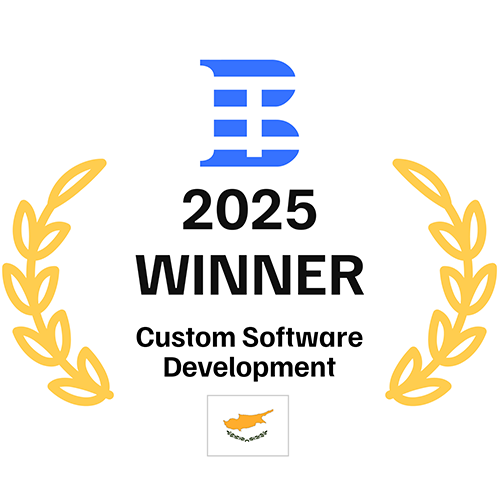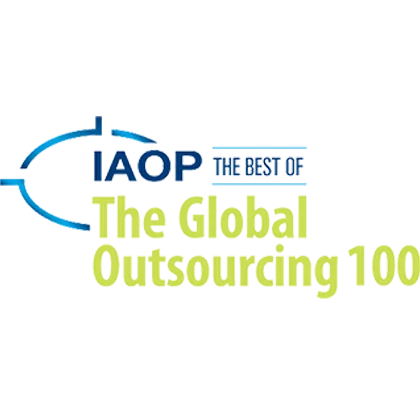Determining the expected costs and duration for a Unity cross-platform development project involves various factors, each contributing significantly to the final estimation. Based on our experience, the project's complexity, the number of platforms targeted, the level of customization required, and the desired features all play pivotal roles in shaping the project's timeline and budget.
In Unity cross-platform development, the project's complexity is a primary cost determinant. Complex projects, such as those requiring advanced graphics, intricate gameplay mechanics, or extensive backend integration, demand more resources. These projects typically involve a larger team and longer development time, directly impacting the overall cost. Simpler projects, conversely, with more straightforward requirements and fewer custom features, can be developed more quickly and at a lower cost.
The number of platforms targeted also influences both the duration and cost. Developing for multiple platforms increases the workload, as each platform may have unique requirements and standards that must be met. For instance, a game or application that needs to be optimized for both iOS and Android, as well as for web and desktop platforms, will require additional time for adaptation and testing on each platform, thereby increasing the project's duration and cost.
Another crucial aspect is the customization level. Projects requiring bespoke solutions, such as custom graphics, unique user interface designs, or special integration with third-party services, necessitate additional development and design efforts. These custom requirements often extend the development timeline and increase costs, as they require specialized skills and more extensive testing to ensure they meet the project's unique needs.
Regarding features, projects with a range of advanced features like multiplayer capabilities, augmented reality (AR) elements, or sophisticated data analytics demand more development time and a higher budget. These features often require the integration of complex algorithms, additional security measures, and extensive testing to ensure they function seamlessly across all targeted platforms.
As a result of our tests, we determined that the duration of Unity cross-platform development projects can vary significantly. Smaller, less complex projects may take a few weeks to a few months, while more extensive, feature-rich projects could require several months to over a year. The time frame is adjusted according to the project's specific demands and the client's requirements.
In terms of cost, it is equally variable. Projects can range from a few thousand dollars for basic applications to several hundred thousand dollars for large-scale, intricate developments. The final cost is a reflection of the project's scope, the technological challenges involved, and the level of expertise required to bring the project to fruition.
At Program-Ace, we take great satisfaction in offering our clients honest and accurate quotes. Our team of highly qualified experts carefully assesses every project to provide a comprehensive analysis of expenses and schedules, guaranteeing that our clients know exactly what to anticipate.
Planning and budgeting for Unity cross-platform development projects require a grasp of these elements for anyone considering such an endeavor. We invite prospective customers to speak with us about their particular needs. With our knowledge and experience, we can create a customized estimate that fits the needs and objectives of your project.
So do not hesitate to contact us for a thorough consultation and a customized estimate for your Unity cross-platform development project. Our dedication lies in providing outstanding value and quality, guaranteeing the success of your project from beginning to end.































